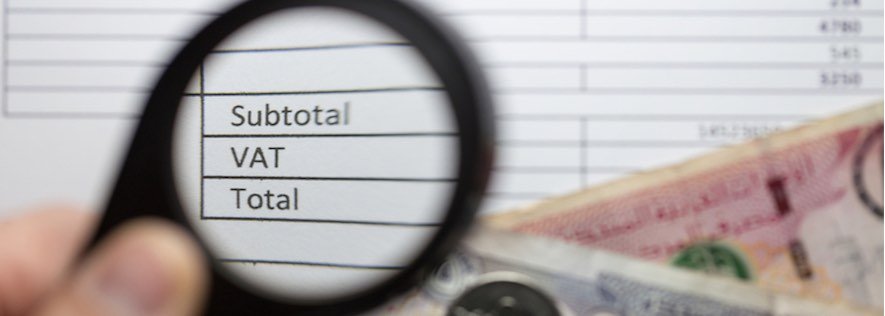
Changes in VAT payments as a result of Brexit could hit UK businesses hard. It is assumed that UK companies will have to pay VAT upfront when importing. You should, therefore, assess the potential impact of this change on your cash-flow.
HMG has provided this update (February 2019) on the required VAT IT system rules and processes if the UK leaves the EU without a deal.
Under existing rules, goods from the EU are referred to as 'acquisitions' for tax purposes. No VAT is paid until the products have been sold to the final customer and paid for.
Unless the UK remains in the Customs Union, goods from the EU will have to be treated like all other imports after Brexit and VAT will be payable by the 15th day of the following month
The British Retail Consortium has said it is concerned about the government’s lack of strategy about the tax, which increased from 17.5% to 20% in 2011. Their CEO told the BBC in January 2018 that:
“It’s ridiculous to assume that it would be easy to bring forward the timings on such significant amounts of cash. Retailers need to know what their liability on tax will be and what measures are going to be taken to avoid this hit to cash flow with new costs on importing goods from Europe and higher potential pressure on prices for ordinary shoppers.”
UK view on a No Deal Brexit for VAT - August 2018
The government aims “to keep VAT procedures as close as possible to what they are now” after Brexit, there will be some inevitable changes in the event of no-deal. The main document can be found here.
We advise members to scrutinise the detail of the announcement, to be clear on which elements would affect them: we highlight below some of the headline issues.
Accounting for import VAT on goods imported into the UK: the government will introduce postponed accounting for import VAT on goods brought into the UK. UK VAT registered businesses importing goods to the UK will be able to account for import VAT on their VAT return, rather than paying import VAT on or soon after the time that the goods arrive at the UK border. This will apply both to imports from the EU and non-EU countries.
VAT on goods entering the UK as parcels sent by overseas businesses: VAT will be payable. On goods worth more than £135 sent as parcels, VAT will be collected from UK recipients, in line with current procedures for parcels from non-EU countries.
UK businesses exporting goods to EU consumers: distance selling arrangements will no longer apply to UK businesses and UK businesses will be able to zero rate sales of goods to EU consumers.
EU-wide VAT IT systems: the UK will stop being part of EU-wide VAT IT systems such as the VAT Mini One Stop Shop.
EU VAT refund system: UK businesses will continue to be able to claim refunds of VAT from EU member states but they will need to use the existing processes for non-EU businesses.
N Ireland businesses trading with Ireland are recognised by HMG as facing “very significant challenges” in the event of no-deal, because of the “unique and highly sensitive context”. HMG recommends that “if you trade across the land border, you should consider whether you will need advice from the Irish government about preparations you need to make”.
Businesses trading with EU countries may also wish to consult technical notices covering customs, excise and import processes at the border, which can be found here.
